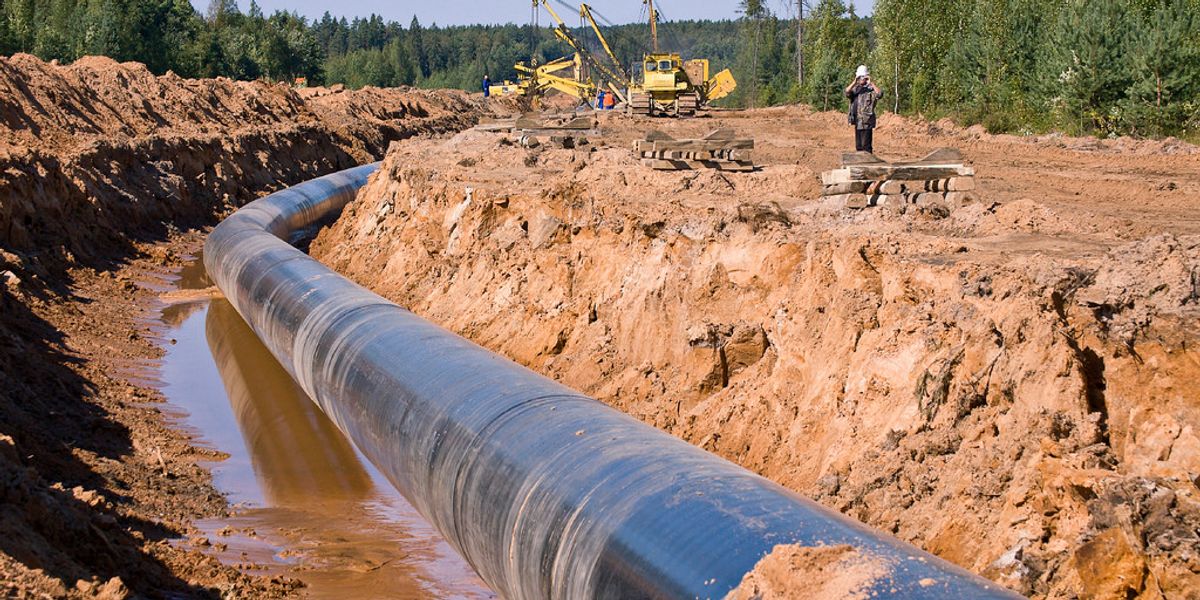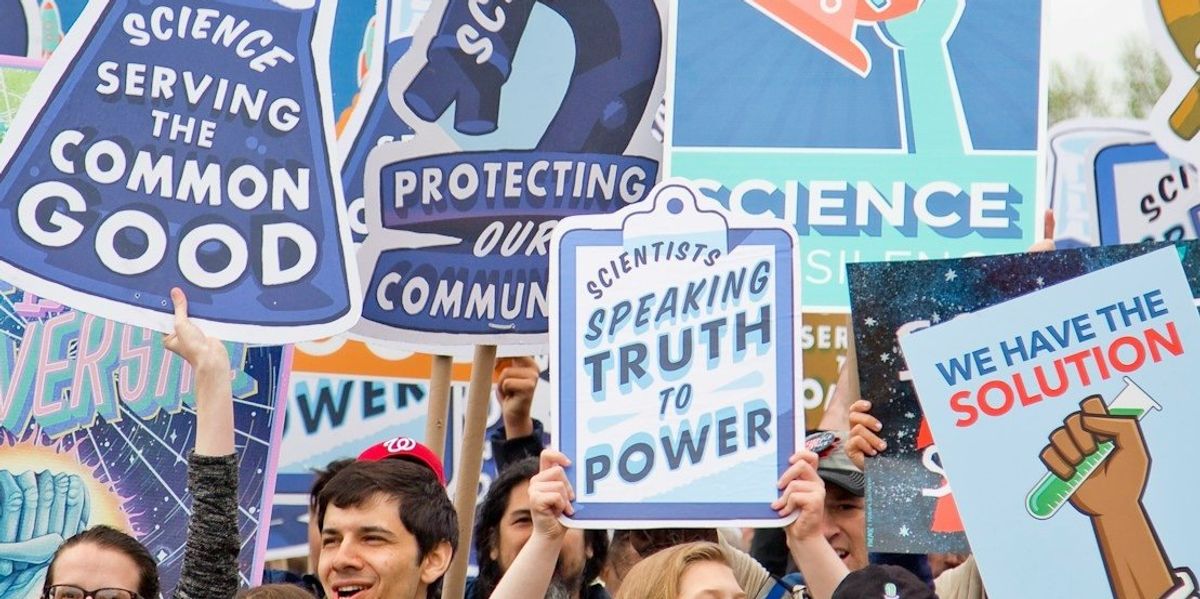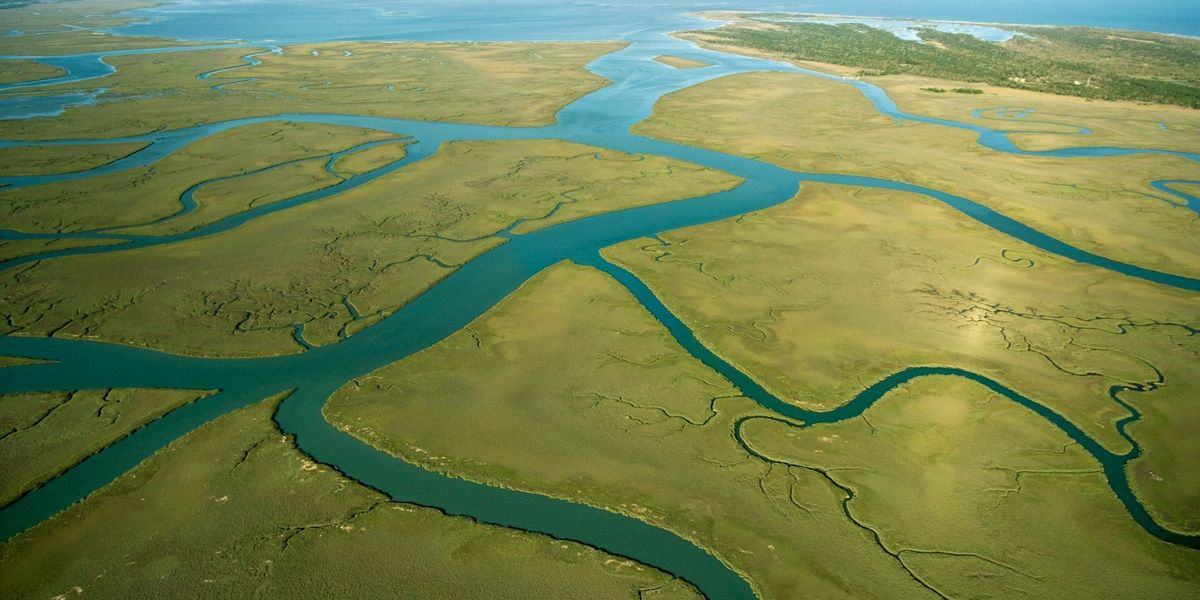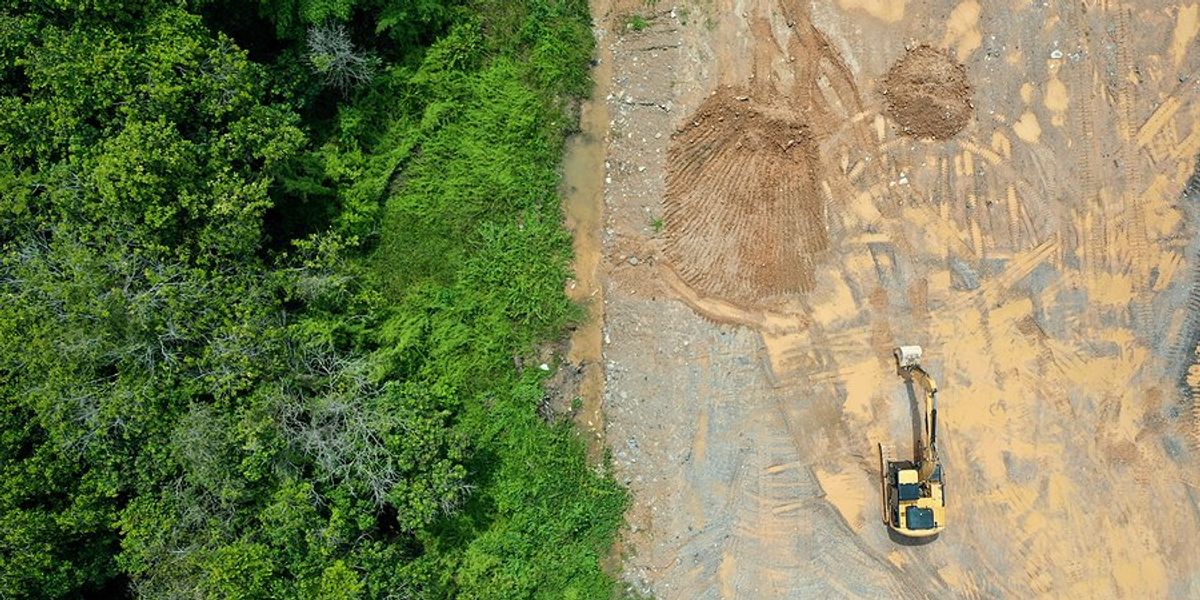
Peter Dykstra: President Trump’s stealthiest environmental attack may be his biggest.
If you haven't heard of NEPA, you're not alone.
The National Environmental Policy Act (NEPA) is the most sweeping environmental law on America's books.
It requires a thorough study of the environmental impact of any major federal construction project, law or regulation before it becomes the law of the land.
Thus, NEPA has become the bane of the existence of many a developer or "anti-environment" policymaker since that sly ol' treehugger, Richard Milhous Nixon, signed it into law nearly 50 years ago, on January 1, 1970.
The law also created the President's Council on Environmental Quality (CEQ), the leading White House environmental advisors.
But a president who is most often compared to Nixon seems hell-bent on crippling or wiping out several Nixon-era creations, including NOAA, EPA, the Clean Air Act, NEPA, and the Clean Water Act (which Nixon actually vetoed as too costly, but an environmentally bipartisan Congress overrode the veto).
The push for NEPA is largely credited back then to Senator Henry "Scoop" Jackson, a pro-Vietnam War Democratic Senator who exhibited pro-conservation tendencies from time to time. The law called for a process that often took three to five years to measure up, say, a roadbuilding project that might cross swords with an endangered species listing or prospective Clean Water Act violation. (Note: Trump has already found ways around NEPA – for example, exempting the habitat-destroying Border Wall from a multitude of enviro laws, including NEPA.)
A few years ago, the Natural Resources Defense Council defended NEPA's successes with an exhaustive rundown citing examples from all 50 states. But even NEPA's staunchest defenders concede that three to five years' delay on projects can be as burdensome as its requirement for public comment are helpful.
Power transmission line and pipeline projects, including the longstanding tussle over the Keystone XL Pipeline, are front and center lines of conflict in Congress, in court, and in a potentially "streamlined" NEPA process.
An environmental battle that's nearly as venerable as NEPA itself could be drawn into the mix next year. As the Trump Administration pushes for oil drilling in the the Arctic National Wildlife Refuge, conservationists and Indigenous Alaskans are fighting the drilling in a portion of the sprawling refuge. The Interior Department has moved directly to leasing without a full environmental review, something experts say goes directly against NEPA.
For environmentalists, NEPA's requirements for public input could be a major loss. After all, their whimsical play on the NEPA acronym is "Never Eliminate Public Advice."













